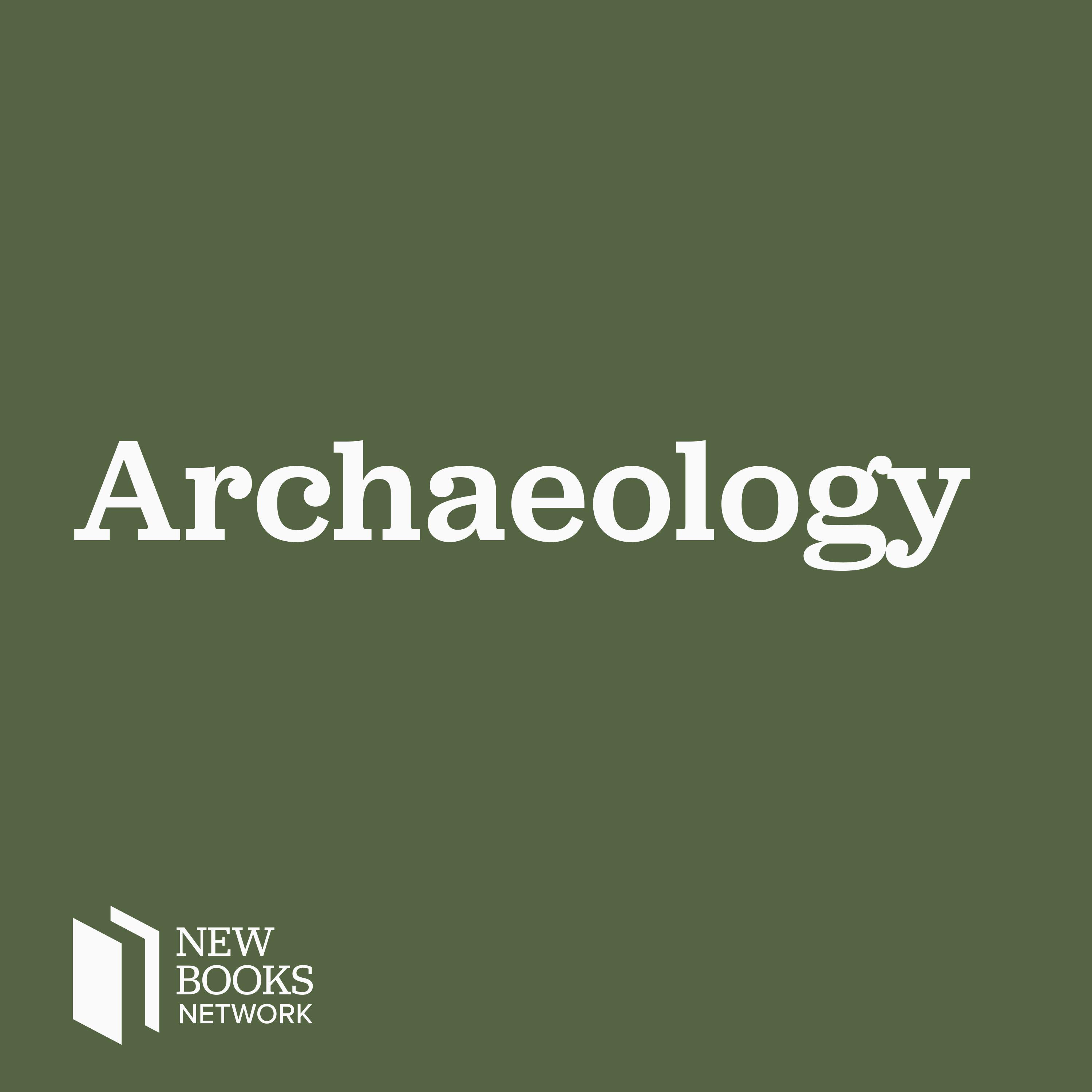Douglas Hunter, "Beardmore: The Viking Hoax That Rewrote History" (McGill-Queen's UP, 2018)
Description
In 1936, long before the discovery of the Viking settlement at L'Anse aux Meadows, the Royal Ontario Museum made a sensational acquisition: the contents of a Viking grave that prospector Eddy Dodd said he had found on his mining claim east of Lake Nipigon. The relics remained on display for two decades, challenging understandings of when and where Europeans first reached the Americas. In 1956 the discovery was exposed as an unquestionable hoax, tarnishing the reputation of the museum director, Charles Trick Currelly, who had acquired the relics and insisted on their authenticity.
In Beardmore: The Viking Hoax That Rewrote History (McGill-Queen's University Press, 2018), Dr. Douglas Hunter reconstructs the notorious hoax and its many players. Beardmore unfolds like a detective story as the author sifts through the voluminous evidence and follows the efforts of two unlikely debunkers, high-school teacher Teddy Elliott and government geologist T.L. Tanton, who find themselves up against Currelly and his scholarly allies. Along the way, the controversy draws in a who’s who of international figures in archaeology, Scandinavian studies, and the museum world, including anthropologist Edmund Carpenter, whose mid-1950s crusade against the find’s authenticity finally convinced scholars and curators that the grave was a fraud.
Shedding light on museum practices and the state of the historical and archaeological professions in the mid-twentieth century, Beardmore offers an unparalleled view inside a major museum scandal to show how power can be exercised across professional networks and hamper efforts to arrive at the truth.
Ryan Tripp (Ph.D., History) is currently an adjunct in History at Los Medanos Community College and Southern New Hampshire University.
Learn more about your ad choices. Visit megaphone.fm/adchoices
Support our show by becoming a premium member! https://newbooksnetwork.supportingcast.fm/archaeology
More Episodes
Archaeology as a discipline has undergone significant changes over the past decades, in particular concerning best practices for how to handle the vast quantities of data that the discipline generates. As Shaping Archaeological Archives: Dialogues between Fieldwork, Museum Collections, and...
Published 05/19/24
Published 05/19/24
In Xiongnu: The World’s First Nomadic Empire (Oxford UP, 2024), Bryan K. Miller weaves together archaeology and history to chart the course of the Xiongnu empire, which controlled the Eastern Eurasian steppe from ca. 200 BCE to 100 CE. Through a close analysis of both material artifacts and...
Published 05/01/24


